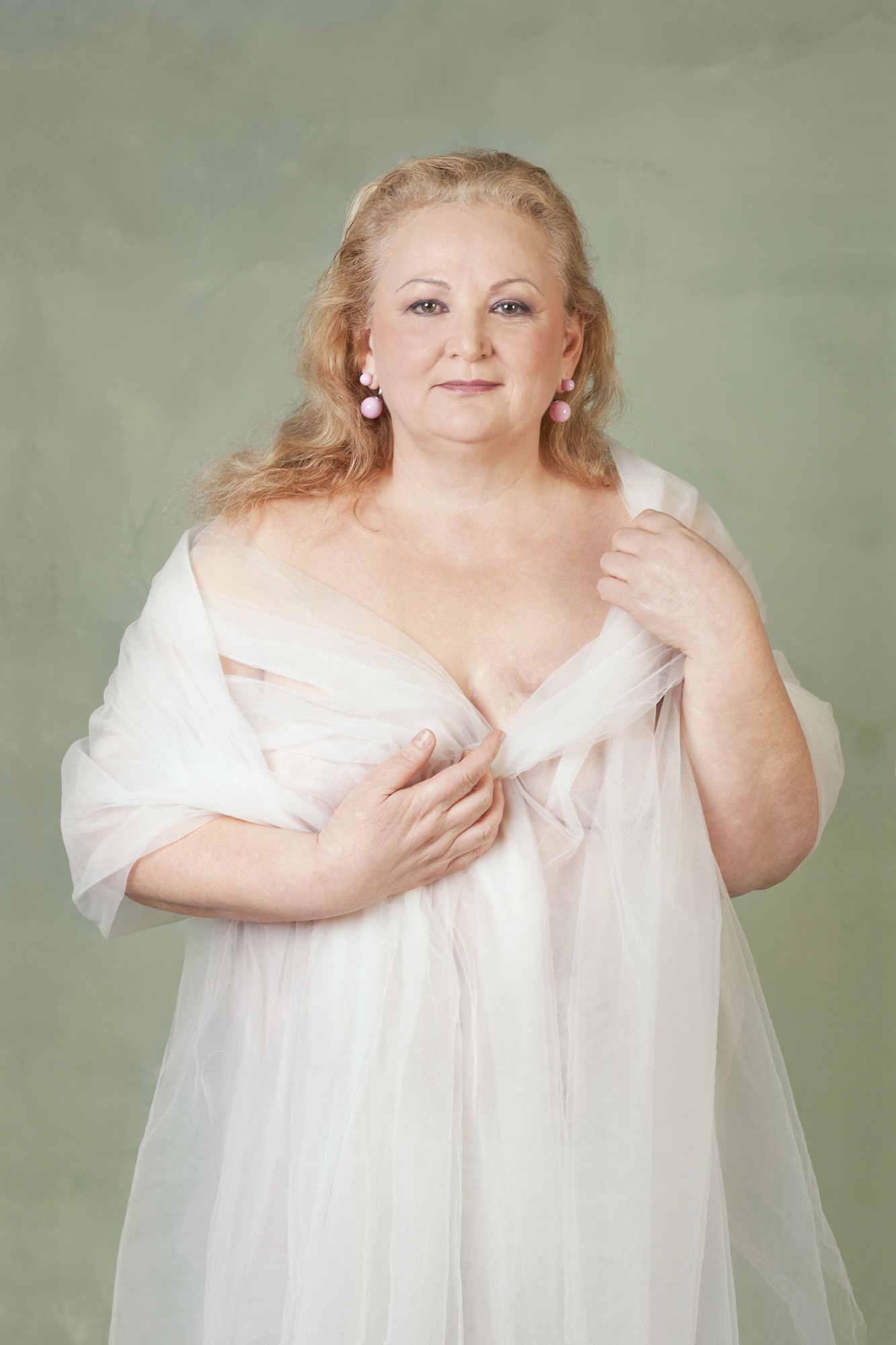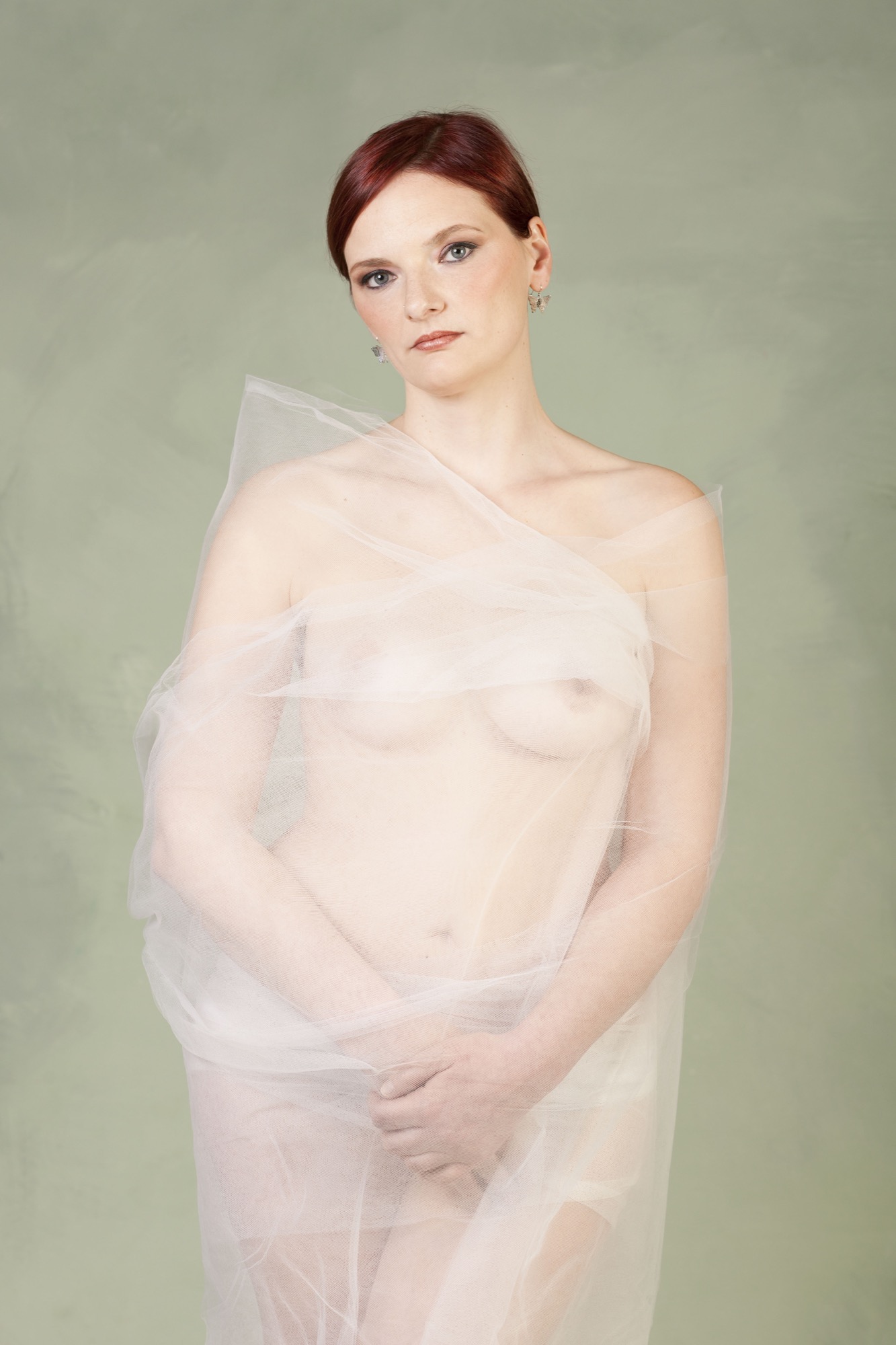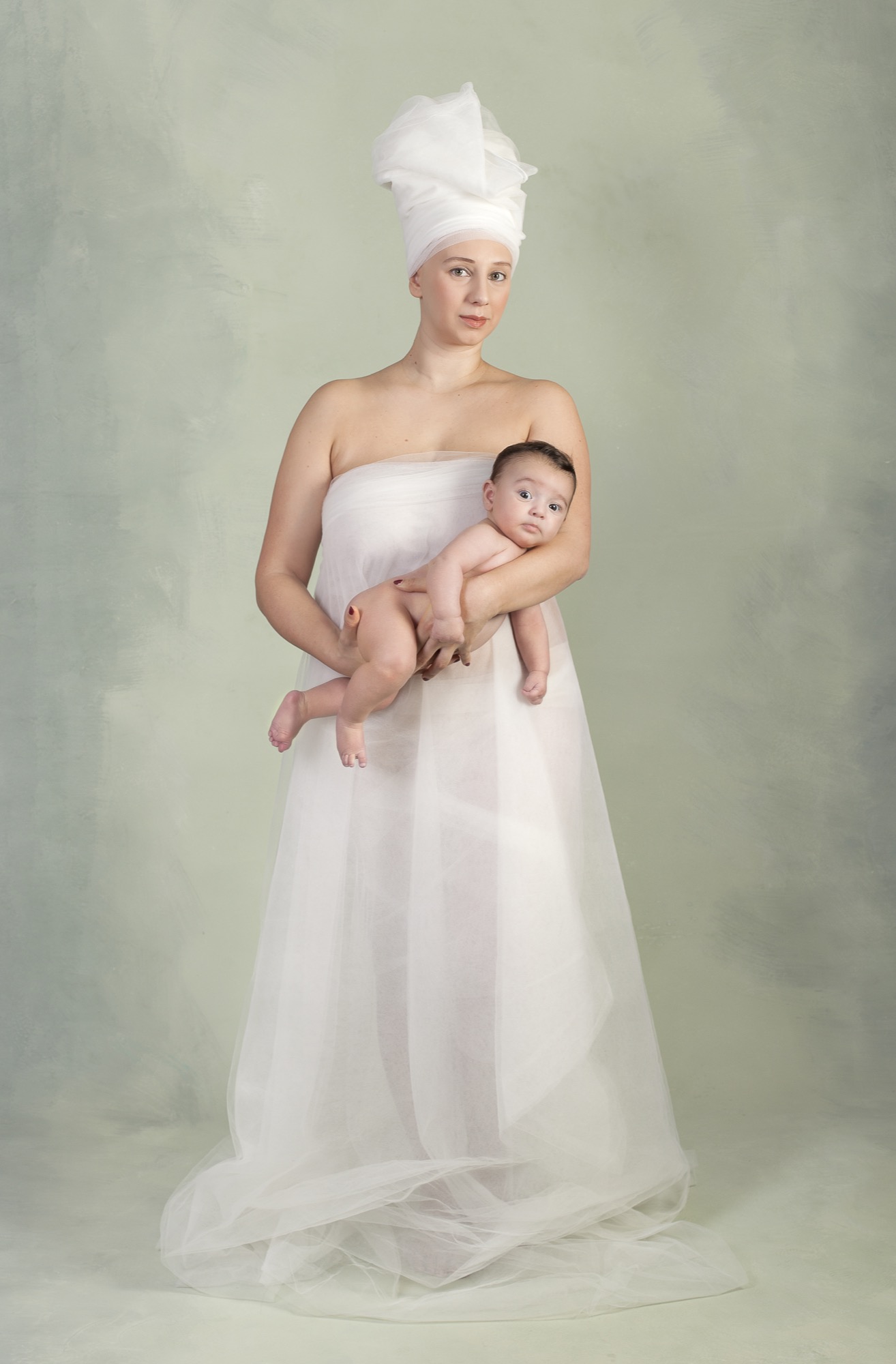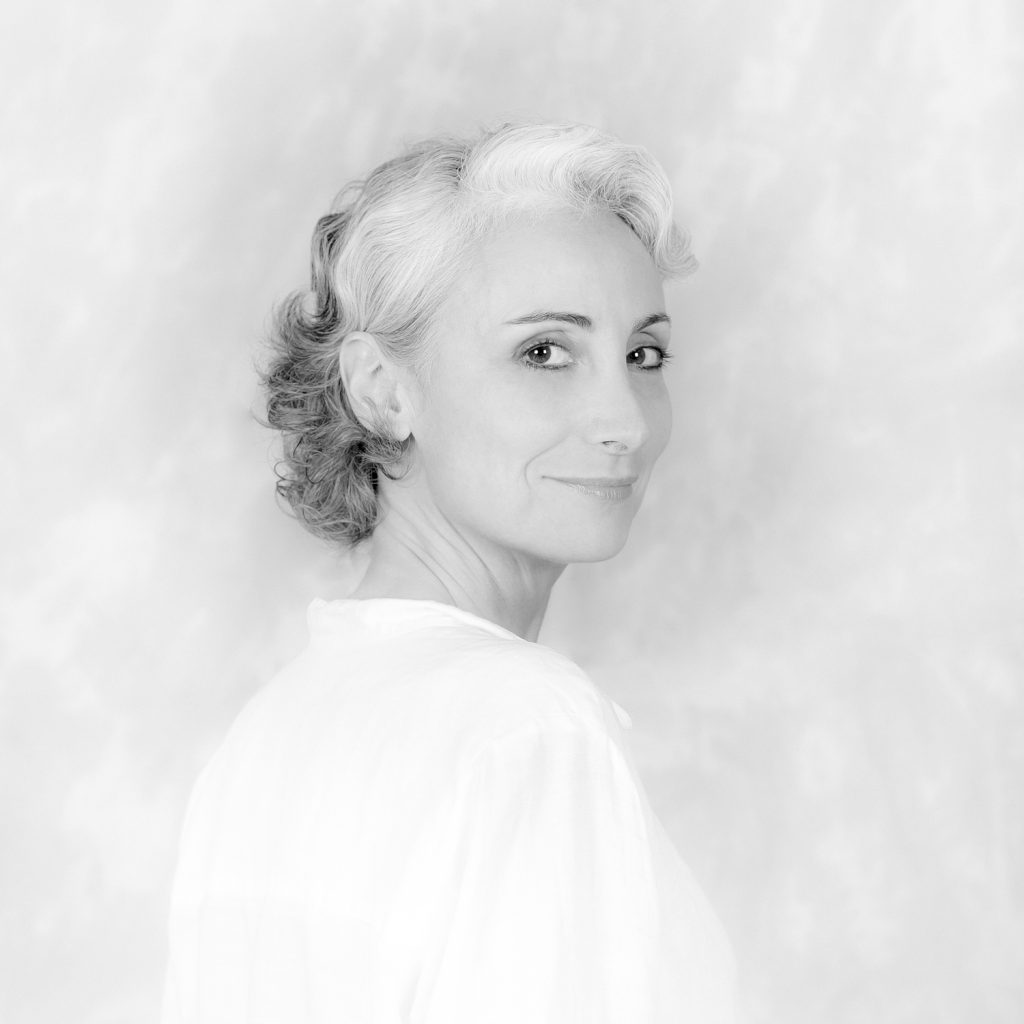The number of women with breast cancer is growing fast. Where once the age range of people most at risk was between forty and sixty, today the gap has widened to reach girls of eighteen and ladies over eighty. It goes without saying that, in addition to being a health problem, this has also become a social and cultural issue. One in eight women will have breast cancer in their lifetime. It is estimated that in Italy, every day, about a thousand people receive a diagnosis of malignancy.
The photographer decided to use a veil as a guiding thread, a typically feminine whim since the affected part, the breast, is a symbol of femininity. With its transparency and lightness, this fabric allowed her to “play” on the set with her models and (un) veil not only the parts of the body affected by the disease, but also the deep and not always visible scars.
Despite their suffering, both physical and psychological, those who decided to participate in the project did so to celebrate life.
Silvia has learned that the healing process also involves little things. When your hair falls out or you gain weight from medication, taking care of yourself is the key. When you don’t recognize yourself because of your eyebrows disappearing and the expression on your face is changing, you lose your own identity.
Each woman has experienced the path that goes with the disease in a different way: some with determination, some with anger, some have strengthened their emotional and sentimental ties, some have found themselves alone. It is also difficult for family members to experience this situation, there are many couples whose relationships have not survive this test, many men have not been able to bear the weight of so much suffering.
Unexpectedly, all portrayed women said the cancer was a chance. An opportunity to rethink many things, to take care of themselves, to clean up their life, to understand what matters and to finally find the strength and courage to make a dream come true.
Some have met extraordinary doctors who followed them and did not make them feel alone, while many were treated as numbers to which a protocol had to be applied identical to that of all the others.
But nobody should be treated like a number; future doctors must be taught that we do not only intervene on a symptom, but that we must take care of the body, psyche and soul of patients.
And listening is essential.




